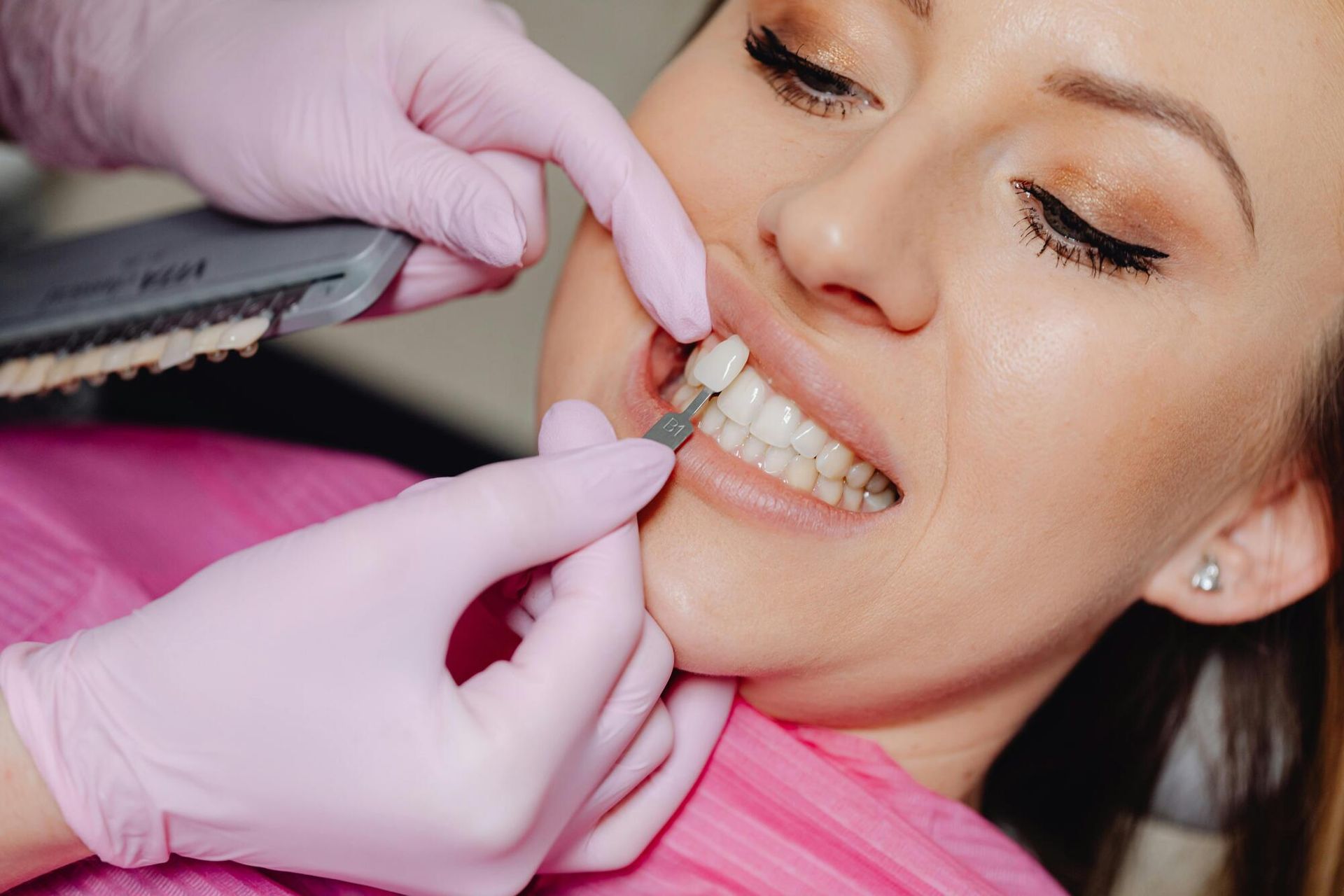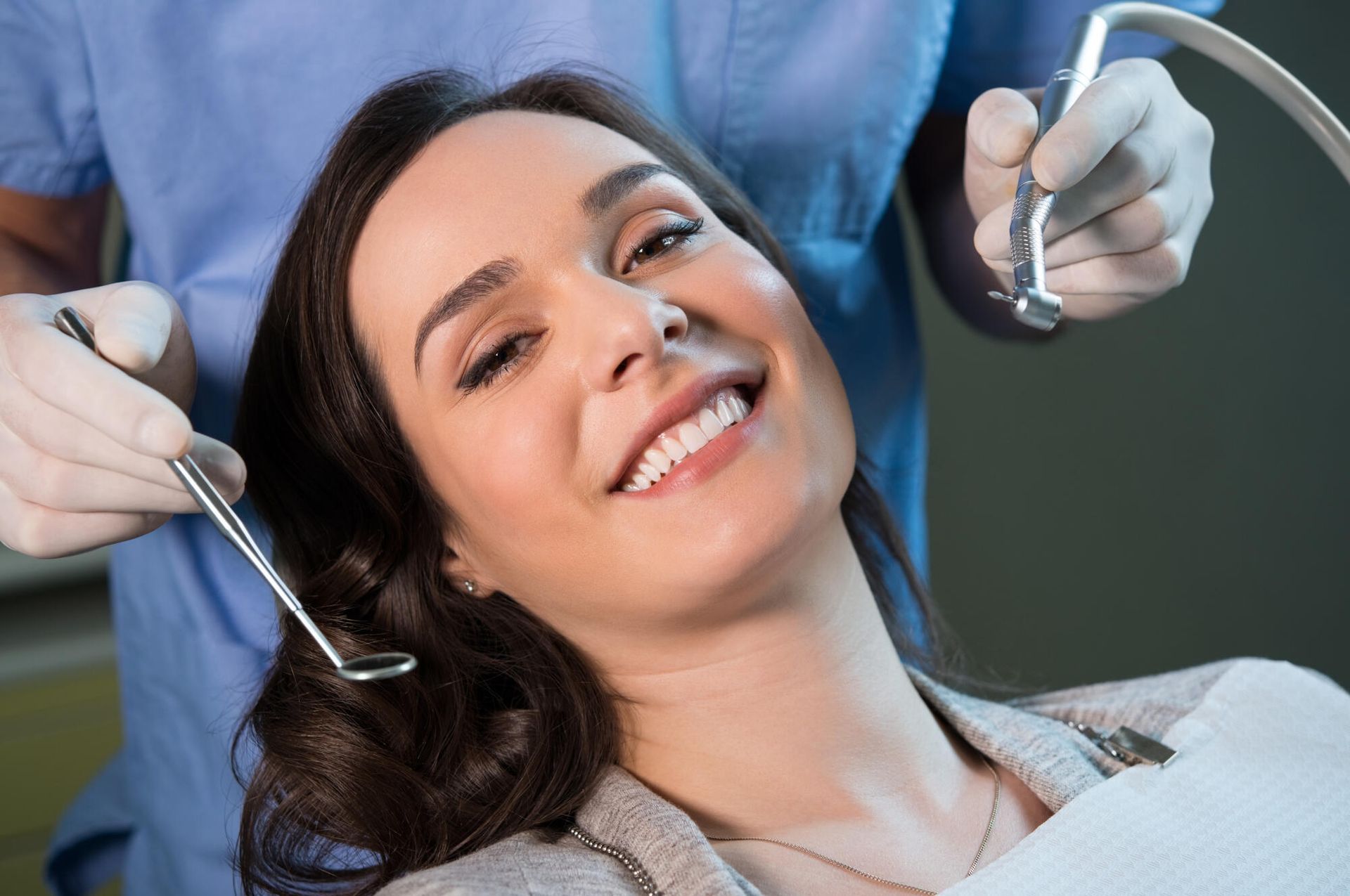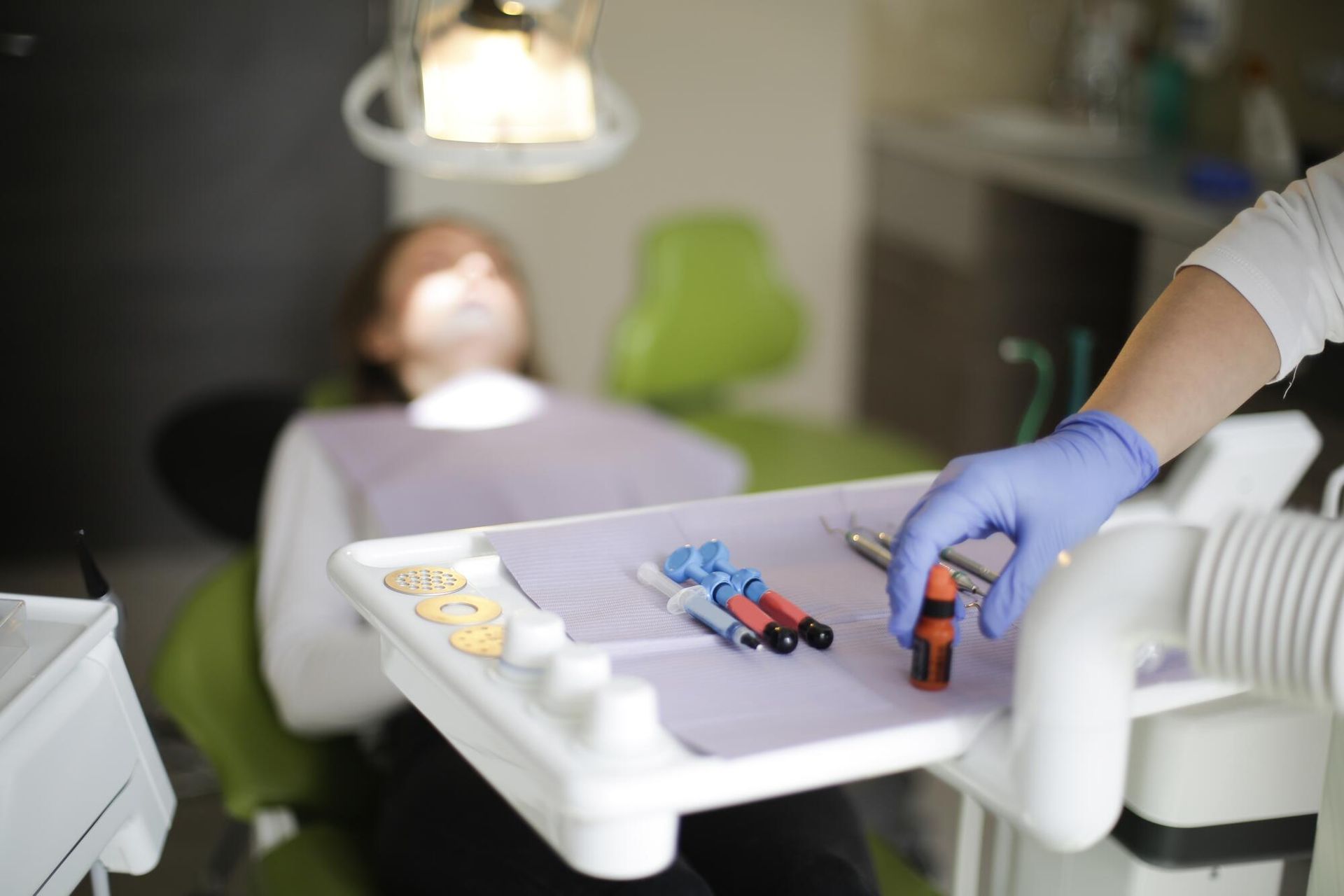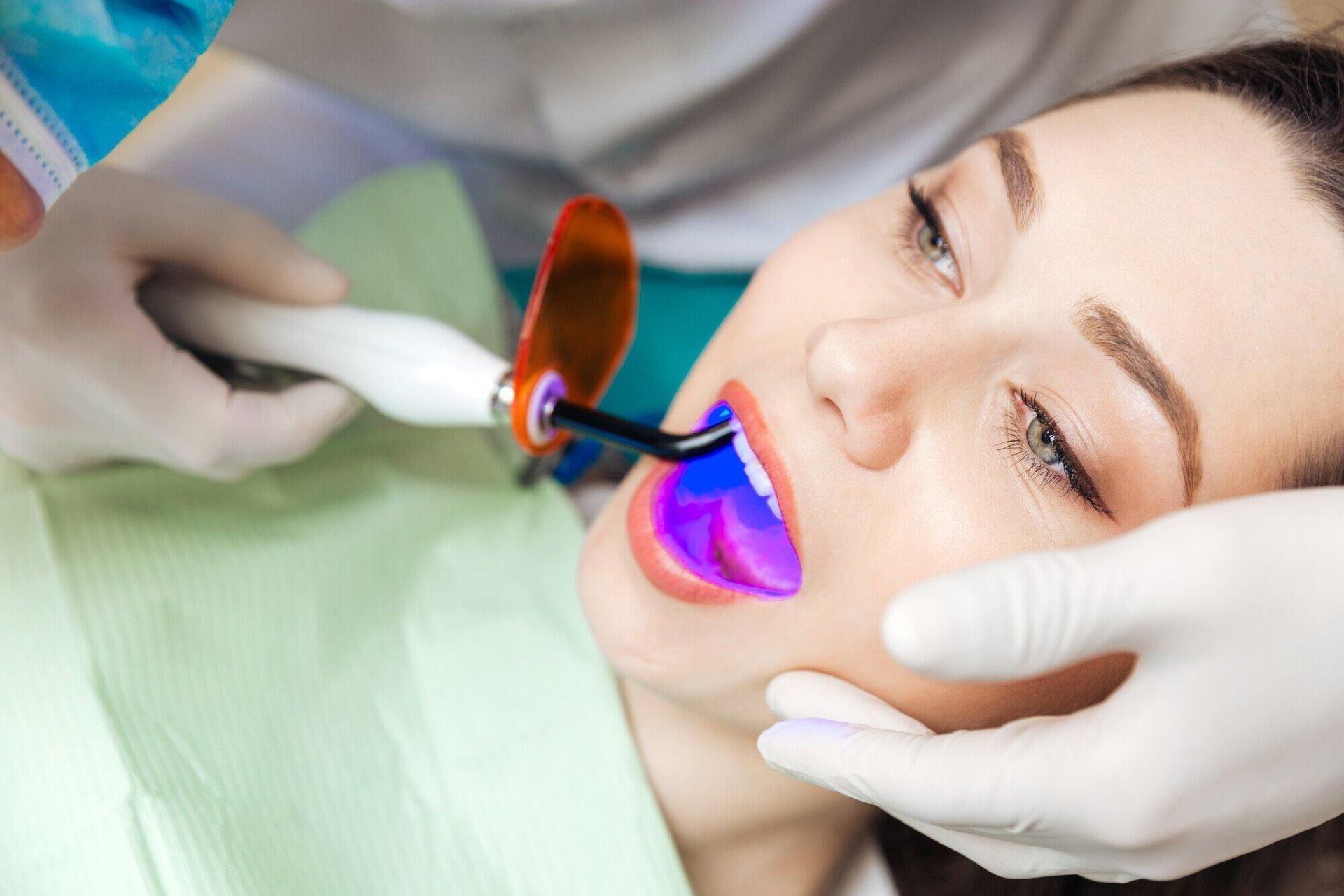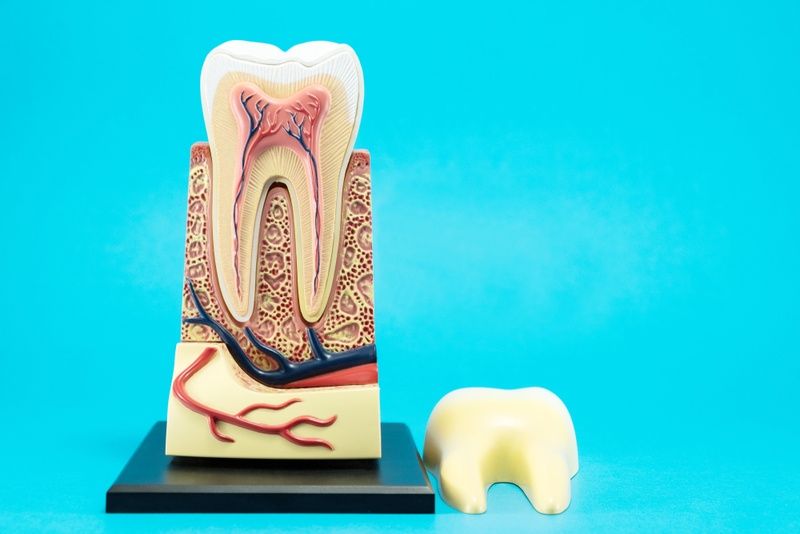What Is Plaque? (And How To Prevent It)
Oral health is a crucial aspect of our overall well-being, and one common dental issue that many of us face is the development of plaque. But what exactly is plaque, and how can we prevent it from causing problems for our teeth and gums? In this blog from La Jolla Dental Image, we’ll delve into the world of plaque, its causes, and effective strategies to keep it at bay.
Plaque: What Is It?
Plaque is a sticky, colorless film of bacteria that forms on the surfaces of our teeth. It’s a natural part of the oral environment, with bacteria constantly present in our mouths. When we consume foods and beverages, these bacteria feed on the sugars and starches left behind, producing acids as a byproduct. Over time, these acids can erode tooth enamel, leading to cavities and gum disease. As plaque accumulates, it can harden into a more stubborn substance called tartar, which is even more challenging to remove.
One of the first signs of plaque formation is that fuzzy or “furry” feeling you might notice on your teeth. This sensation is the result of a thin layer of plaque accumulating on the tooth’s surface. If left unaddressed, plaque can contribute to various dental problems, such as cavities, gingivitis (inflammation of the gums), and periodontitis (a more severe gum disease). These issues not only affect oral health but can also have systemic implications for the rest of the body.
The Importance Of Plaque Prevention
Preventing plaque buildup is essential for maintaining good oral health. The most effective way to do this is through a consistent and thorough oral hygiene routine. Brushing your teeth twice a day with a fluoride toothpaste and a soft-bristle toothbrush is a fundamental step. Paying close attention to the areas where plaque tends to accumulate, such as along the gumline and in the crevices of your molars, is crucial. It’s recommended to brush for at least two minutes, ensuring you cover all surfaces of your teeth.
Flossing is another vital aspect of plaque prevention. Dental floss can reach areas between your teeth and along the gumline where your toothbrush might miss. Regular flossing helps remove food particles and plaque from these hard-to-reach spots. Using an antimicrobial or fluoride mouthwash as part of your routine can also help in reducing the bacterial load in your mouth and strengthen your teeth.
Your diet plays a significant role in plaque formation. Foods high in sugars and carbohydrates provide a steady source of nutrients for the bacteria in your mouth. Reducing your consumption of sugary and starchy foods can significantly decrease the production of acid by these bacteria, which in turn helps to minimize plaque buildup. Additionally, drinking water and chewing sugar-free gum can stimulate saliva production, which naturally helps to rinse away plaque and maintain a healthier oral environment.
Regular dental check-ups are essential for plaque prevention as well. A dentist or dental hygienist can provide professional cleanings to remove any plaque and tartar that may have accumulated despite your best efforts. They can also identify and address any dental issues before they become more severe.
How To Help Your Kids Prevent Plaque
Children, just like adults, are susceptible to plaque buildup and the associated dental problems. Teaching them proper oral hygiene habits from a young age is crucial to instill good practices that will benefit them throughout their lives. Here are some specific strategies for children to prevent plaque:
First and foremost, parents and caregivers play a significant role in educating children about oral hygiene. Encourage children to brush their teeth at least twice a day, making it a fun and interactive experience. Use a colorful toothbrush and child-friendly toothpaste with a mild flavor to make the process enjoyable. Supervise their brushing until they are old enough to do it effectively on their own, usually around the age of 6 or 7.
Flossing is another essential practice for children to prevent plaque between their teeth. As soon as their teeth start to touch, typically around the age of 2 or 3, parents can introduce flossing as part of their daily routine. Child-friendly flossing tools and techniques can make this less intimidating and more manageable for young children.
Diet also plays a vital role in preventing plaque in children. Limit their intake of sugary snacks, candies, and sugary drinks, as these can fuel the growth of plaque-causing bacteria. Instead, offer them a balanced diet rich in fruits, vegetables, and dairy products that promote good oral health. Remember that children should have regular dental check-ups and cleanings to ensure their developing teeth are plaque-free and healthy. By implementing these practices and creating a positive and engaging dental care routine, parents can help children build a foundation for a lifetime of healthy smiles.
Choose The Experts At La Jolla Dental Image
At La Jolla Dental Image, your oral health and satisfaction are at the heart of our mission. Whether you’re considering Invisalign, dental implants, cosmetic dentistry, a routine check-up, or any of our other dental services, we are here to provide you with exceptional care in a warm and welcoming environment. Dr. Hamidy’s expertise, combined with our commitment to patient education and the latest advancements in dentistry, allows us to deliver the highest standard of dental care to the La Jolla, San Diego County, and UCSD community. To make an appointment, call (858) 202-0481 today.



